Types of Herbs to Farm in Kenya (2025)
Introduction to Types of Herbs to Farm in Kenya
Herb farming in Kenya presents excellent opportunities. The demand for natural products keeps growing. Kenya’s climate is perfect for herb cultivation. It needs little space but can bring big profits. Local chefs love fresh culinary herbs.There’s also a booming international market for medicinal herbs. Success in this field is highly likely.
In this comprehensive guide, you’ll discover:
- The most profitable herbs to cultivate in Kenya’s diverse climate
- Essential growing requirements and cultivation techniques
- Marketing strategies for both local and export markets
- Financial planning and investment considerations
- Value addition opportunities to maximize returns
Why Herbs Farming in Kenya
Herb farming in Kenya offers many benefits. It has low startup costs and a strong market demand. Sustainable practices are essential too. There are several ways to earn money in this field. The potential for growth and success is significant. You can start small or aim for a larger operation.
1. Perfect Climate, Perfect Timing
Kenya’s equatorial location greatly benefits herb farmers. The country has sunshine year-round and boasts diverse climates, perfect for cultivating various herbs. From the coast to the highlands, every region supports thriving herb growth.
2. Low Investment, High Returns
Starting a herb farm doesn’t require massive capital. Here’s why:
- Most herbs need minimal inputs and can flourish in small spaces
- Many varieties mature quickly, often within 6-8 weeks
- Basic tools and simple irrigation systems are usually sufficient to start
- You can begin in your backyard and scale up gradually
3. Strong Market Demand
The market for herbs is consistently growing, driven by multiple sectors:
- Local restaurants and hotels seeking fresh culinary herbs
- Export markets demanding high-quality dried herbs
- Pharmaceutical companies requiring medicinal herbs
- Cosmetic manufacturers using herbal ingredients
- Health-conscious consumers seeking natural products
4. Sustainable and Eco-Friendly
Herb farming aligns perfectly with sustainable agriculture:
- Most herbs naturally resist pests, reducing the need for chemicals
- They work well in intercropping systems, maximizing land use
- Many varieties improve soil health
- Water requirements are generally moderate
5. Multiple Revenue Streams
Diversify your income by offering:
- Fresh herbs to local markets
- Dried herbs for export
- Value-added products like essential oils
- Herbal tea blends
- Medicinal preparations
6. Health Benefits for Communities
Beyond the business aspects, herb farming contributes to community well-being:
- Provides access to natural remedies
- Promotes traditional medicine knowledge
- Encourages healthy eating habits
- Creates local employment opportunities
Ready to begin your herb farming journey? Start by:
- Researching which herbs grow best in your specific region
- Understanding local market demands
- Learning basic cultivation techniques
- Connecting with other herb farmers
- Developing relationships with potential buyers
Profitable Herbs to Farm in Kenya
Looking to start a rewarding herb farm in Kenya? You’re making a smart choice! Our blessed climate and rich soils make Kenya a herb farmer’s paradise. Whether you’re dreaming of growing kitchen herbs, healing plants, or sweet-smelling varieties, there’s something for everyone.
A. Culinary Herbs
1. Basil
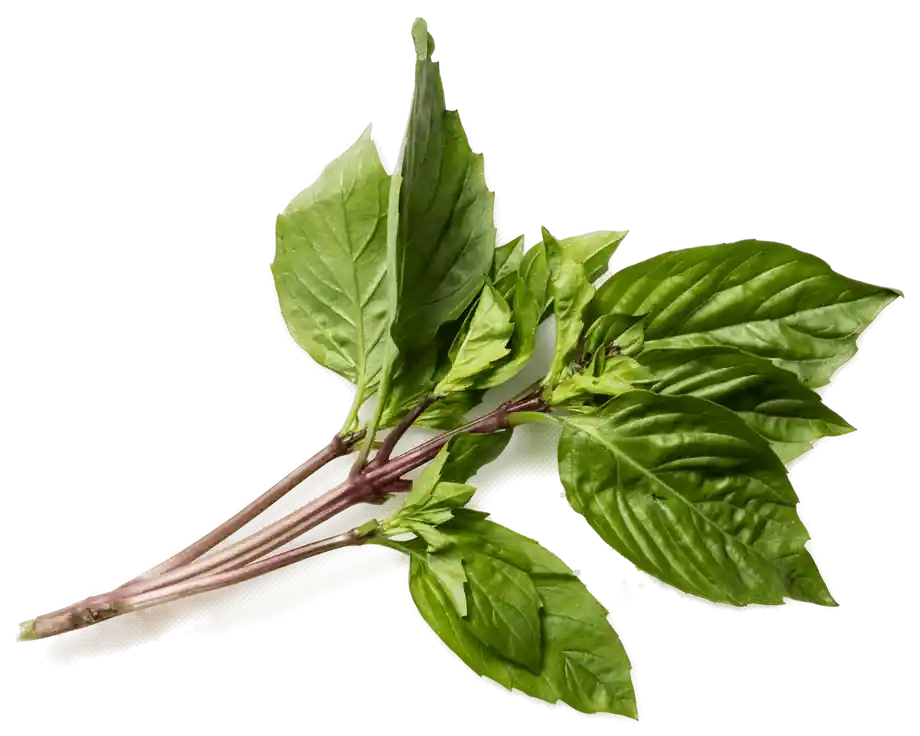
Ready to be a local chef’s favorite supplier? Basil thrives in Kenya’s warm weather, making it a perfect choice. It’s not just for cooking – essential oil makers and herbal medicine producers are always looking for quality basil. Plus, there’s a growing export market waiting for your harvest!
2. Coriander (Dhania)
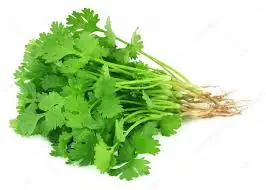
Want the fastest returns in herb farming? Dhania is your answer! In just 3-4 weeks, you’ll be harvesting this kitchen essential. It loves our cooler regions and doesn’t ask for much attention. The best part? Every Kenyan kitchen needs dhania, so you’ll never run short of buyers.
3. Parsley
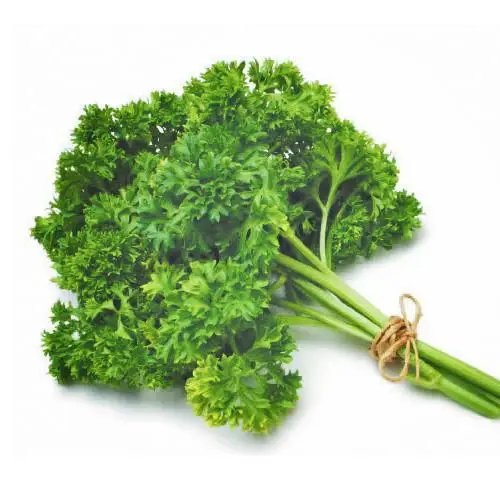
Here’s a steady moneymaker for you! Every 8-10 weeks, your parsley will be ready for harvest. This tough little herb isn’t picky about where it grows in Kenya – just give it some sun and regular water. With both local and international markets hungry for parsley, your sales are practically guaranteed.
4. Thyme
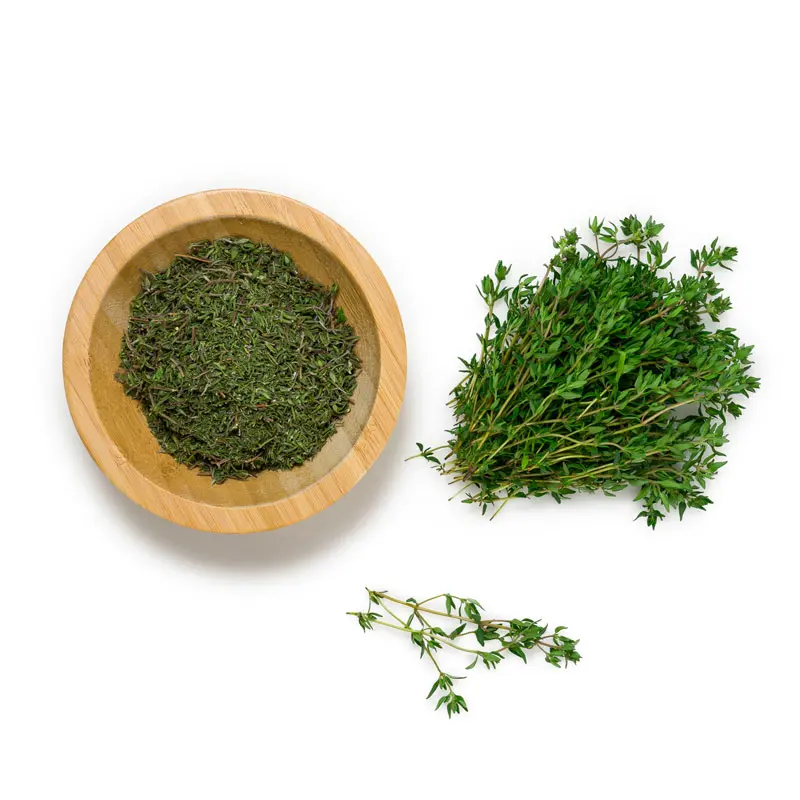
Talk about versatility! Thyme works triple-duty in cooking, medicine, and essential oils. It’s perfect for small-scale farmers because it’s so easy to grow and harvest. Better yet, demand is growing both locally and in export markets.
B. Medicinal Herbs
1. Aloe Vera

Got land in Eastern or North Eastern Kenya? Aloe vera could be your perfect match! This hardy plant loves dry areas and turns them into profit centers. Cosmetic companies can’t get enough of its gel, and the market just keeps growing.
2. Chamomile

Here’s one for our highland farmers! Chamomile, famous for its calming tea, loves Kenya’s cooler zones. Both local buyers and exporters are always on the lookout for quality chamomile, making it a reliable income source.
3. Lemongrass
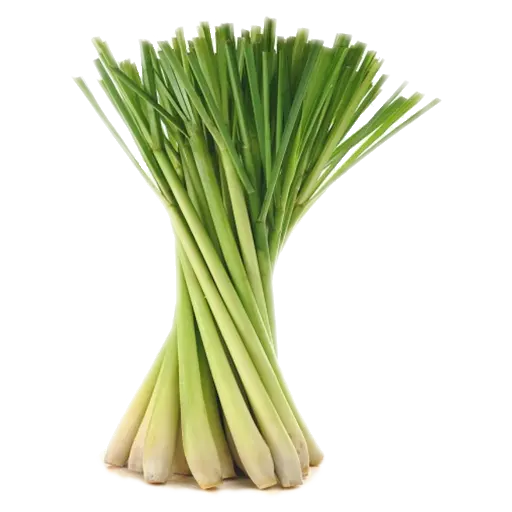
Want to fill your farm with fresh citrus scents? Lemongrass is your answer! This versatile herb feels right at home in Kenya’s humid climate. Tea makers, perfume companies, and essential oil producers all want what you’ll grow.
4. Moringa
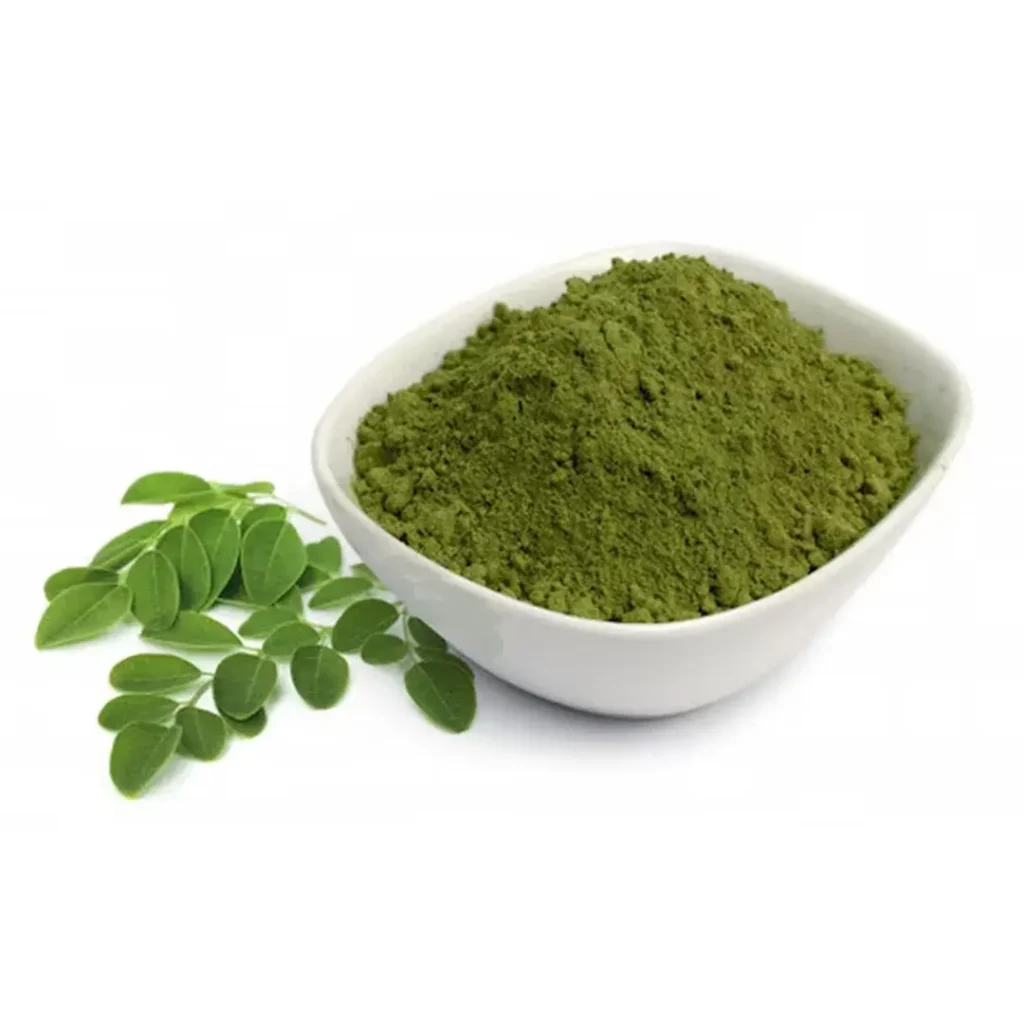
Looking for the next big thing in health foods? Moringa is it! From its nutrient-packed leaves to its valuable seeds and oil, every part of this plant sells. As the world goes crazy for natural supplements, your moringa farm could become a gold mine.
5. Mint
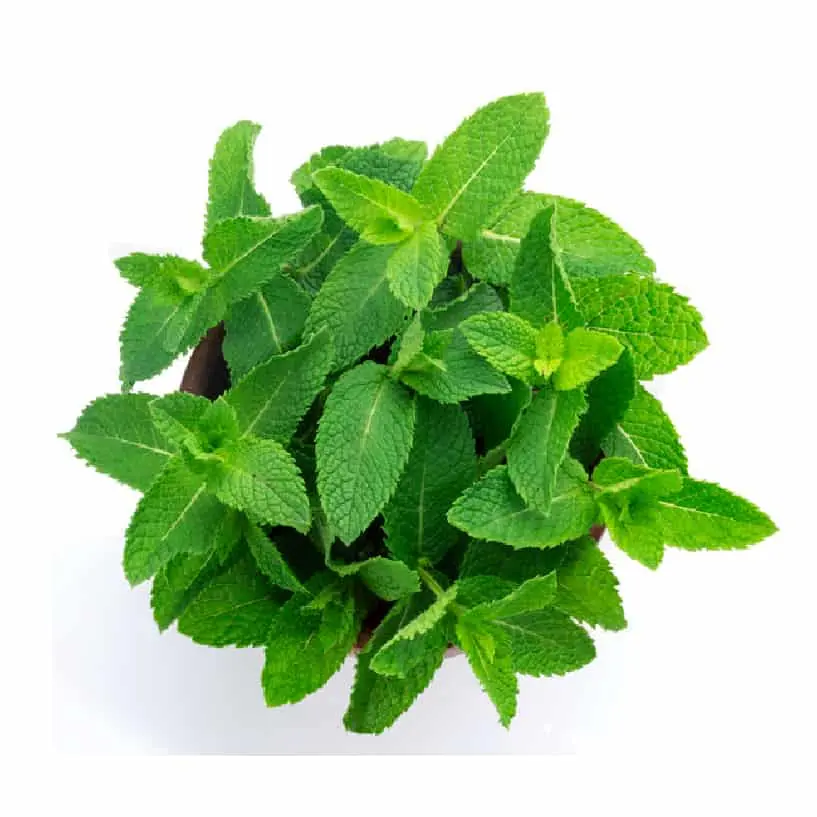
Want a fast-growing herb that practically sells itself? Try mint! It grows like a dream in humid areas and finds ready buyers in food, drink, and medicine markets. Perfect for both beginners and experienced farmers.
6. Ginger
Here’s a spicy opportunity! Ginger loves our moderate rainfall areas and rewards farmers with high profits. Both local stores and international buyers are always looking for quality ginger.
C. Aromatic Herbs
1. Lavender
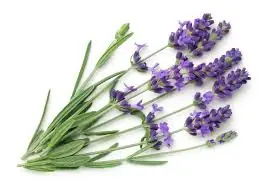
Got land in the highlands? Lavender might be your key to the luxury market! Its essential oils are prized in aromatherapy and cosmetics. Those sunny, well-drained slopes are just what lavender needs to thrive.
2. Peppermint
In just 90 to 100 days, you could harvest your first peppermint crop. It sells well fresh or processed. But remember, it needs reliable water and some shade to grow well.
3. Rosemary
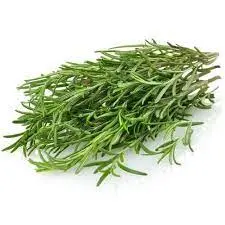
This one requires patience! Rosemary takes 6 to 12 months to mature. After that, it keeps producing for years. It’s tough enough to grow in various conditions.
Essential Herb Farming Practices in Kenya
Choosing the Perfect Location and Preparing Your Soil
Successful herb farming starts with choosing the right site and preparing the soil. Select a spot with plenty of sunlight. Most herbs require 6-8 hours of direct sunlight each day. Good drainage is essential for the soil. It prevents waterlogging, which can be deadly for many herbs.
To prepare your soil:
- Remove all weeds and debris from the planting area
- Mix in well-rotted organic compost or manure to improve fertility
- Test soil pH and adjust if necessary (most herbs prefer slightly acidic to neutral soil)
- Create raised beds if your soil has poor drainage
Smart Propagation Strategies
Different herbs require different propagation methods. Here’s how to choose the right approach:
From Seeds:
- Perfect for annual herbs like coriander, parsley, and basil
- Sow directly in prepared soil or start in seedling trays
- Maintain consistent moisture until germination
From Cuttings:
- Ideal for woody herbs like rosemary, lavender, and thyme
- Take 4-6 inch cuttings from healthy mother plants
- Remove lower leaves and dip in rooting hormone before planting
Through Division:
- Best for spreading herbs like lemongrass and peppermint
- Divide established plants during the cooler seasons
- Ensure each division has healthy roots and shoots
Water Management and Maintenance
Proper watering is crucial for herb production. Follow these guidelines:
- Water deeply but infrequently to encourage deep root growth
- Water early in the morning to reduce evaporation
- Apply mulch around plants to:
- Conserve moisture
- Suppress weed growth
- Regulate soil temperature
Managing Pests and Diseases Naturally
Keep your herb garden healthy through preventive measures and organic solutions:
Pest Control:
- Monitor regularly for aphids, whiteflies, and mites
- Spray affected plants with neem oil solution
- Encourage beneficial insects by planting companion flowers
- Use yellow sticky traps for flying pests
Disease Prevention:
- Space plants properly to ensure good air circulation
- Avoid overhead watering to prevent fungal diseases
- Remove affected leaves promptly to prevent spread
- Maintain garden hygiene by cleaning tools and removing debris
Marketing Your Herb Farm Products
Successful herb farming isn’t just about growing plants. It’s also about reaching the right customers and setting the right prices. In Kenya, the culinary scene is booming, and people are more health-conscious than ever. This creates many local marketing opportunities. Here’s how to make the most of them:
A. Direct Sales Channels
- Supermarkets: Partner with local supermarket chains for regular supply contracts
- Restaurants and Hotels: Build relationships with chefs who value fresh, local herbs
- Open-air Markets: Connect directly with consumers through local market stalls
- Health Food Stores: Supply fresh and dried herbs to specialty stores
- Herbal Medicine Practitioners: Provide high-quality medicinal herbs to traditional healers and wellness centers
B. Breaking into Export Markets
The international market offers premium prices for quality herbs. Here’s how to access these opportunities:
Export Strategies:
- Join established herb farming cooperatives to gain export market access
- Partner with export companies that handle logistics and documentation
- Meet international quality standards and certification requirements
- Focus on high-demand herbs like rosemary, thyme, and basil for European markets
- Build relationships with Middle Eastern buyers who value fresh herbs
C. Value Addition for Higher Profits
Transform your herbs into higher-value products to increase profit margins:
Processing Options:
- Drying: Invest in proper drying facilities to preserve herbs for longer shelf life
- Packaging: Create attractive, branded packaging for retail sales
- Product Development: Process herbs into:
- Custom tea blends
- Essential oils
- Herbal powders
- Natural cosmetics
- Medicinal preparations

Herbs Farming Business Plan – Your Guide to Success!
Want to start a highly profitable herbs farming business? This ready-to-use business plan provides a clear roadmap to help you launch, grow, and succeed with confidence.
- ✔ Fully Editable – Download, customize, and start farming!
- ✔ Financial Projections – Detailed cost breakdowns and profit estimates
- ✔ Investor & Loan-Ready – Professionally structured to secure funding
- ✔ Market Insights – Learn where to sell your herbs for maximum profit
Financial Planning and Profitability for Herb Farming
Initial Investment Breakdown
Your initial investment will typically range from Ksh 25,000 to 45,000, covering:
- Planting Materials: Ksh 10,000–15,000
- Quality seeds and cuttings
- Organic soil amendments
- Basic farming tools
- Land Preparation: Ksh 5,000–10,000
- Soil testing
- Bed preparation
- Initial fertilization
- Irrigation System: Ksh 10,000–20,000
- Drip irrigation setup
- Water storage solutions
- Basic plumbing materials
Revenue Opportunities
Local Market Returns
- Fresh culinary herbs: Ksh 200–300 per kilogram
- Premium packaging can increase prices by 20-30%
- Regular restaurant contracts provide steady income
Export Market Potential
- Premium prices: Ksh 500+ per kilogram
- Quality certification increases value
- Bulk orders offer consistent revenue streams
Maximizing Your Profits
- Diversify Your Crop Selection
- Plant fast-growing herbs like coriander for quick returns
- Include high-value perennials like rosemary for long-term income
- Maintain a mix of culinary and medicinal herbs
- Cost-Effective Operations
- Use organic farming methods to reduce input costs
- Implement natural pest control measures
- Practice water conservation through mulching
- Save seeds from successful plants
- Market-Smart Approaches
- Focus on high-demand varieties
- Build relationships with regular buyers
- Consider value addition for higher returns
| Factor | Considerations |
|---|---|
| Profitable Herb Selection | Basil, Rosemary, Thyme, Lavender, Coriander |
| Location & Soil Preparation | Sunlight, Drainage, Well-drained, Organic Matter, pH Testing |
| Propagation | Seeds, Cuttings, Division |
| Water Management | Deep Watering, Early Morning, Mulching |
| Pest & Disease Management | Neem Oil, Beneficial Insects, Yellow Sticky Traps, Spacing, Proper Watering |
| Marketing | Direct Sales (Supermarkets, Restaurants), Export Markets (Cooperatives, Quality Standards) |
| Value Addition | Drying, Packaging, Tea Blends, Essential Oils, Powders, Cosmetics |
| Financial Planning | Investment (Ksh 25,000-45,000), Revenue (Local: Ksh 200-300/kg, Export: Ksh 500+/kg) |
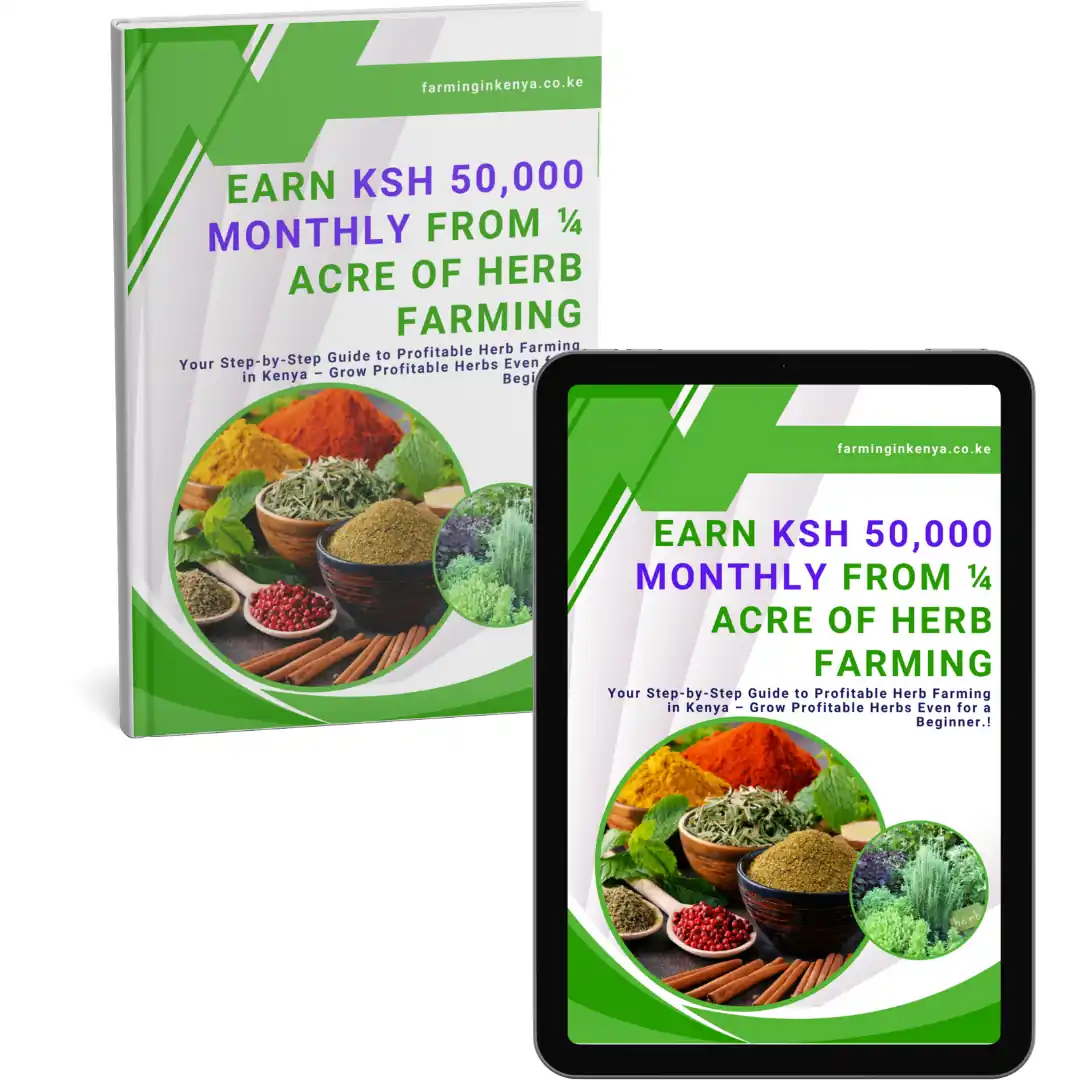
Earn KSh.50,000 Monthly from ¼ Acre of Herb Farming
Herb farming is one of the easiest ways to earn from a small space. With this guide, you’ll learn how to turn just ¼ acre of land into a monthly income of KSh.50,000 or more — no experience needed.
- ✔ Top herbs to grow in Kenya for profit
- ✔ Step-by-step planting and care guide
- ✔ Harvesting & drying tips to retain quality
- ✔ Marketing strategies for local and export buyers
Conclusion
Herb farming in Kenya is a shining opportunity in agriculture. It blends tradition with modern market needs. The country’s climate is ideal, with rich soils and increasing demand for herbs. This is a perfect place to grow herbs for local and global markets.
Key advantages of herb farming include:
- Low initial investment
- High profit margins and quick returns
- Rising demand in culinary, medicinal, and cosmetic sectors
- Year-round production potential
- Local and international market opportunities
To succeed in herb farming, one must:
- Choose herb varieties based on market demand
- Implement proper farming practices
- Develop strong marketing strategies and buyer relationships
- Maintain quality and consistency
- Invest in value-added opportunities

